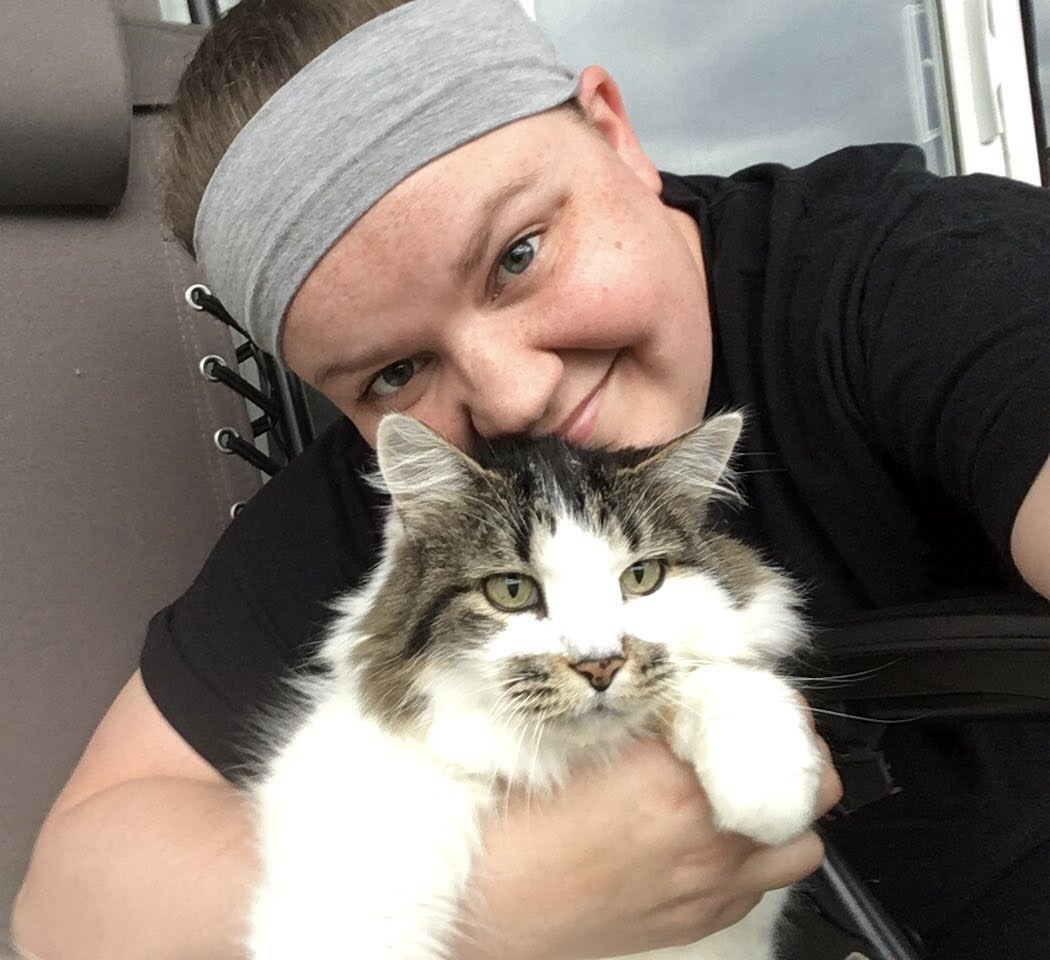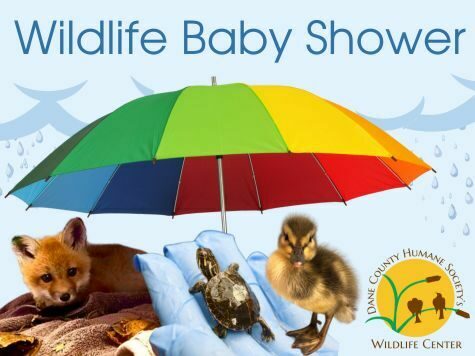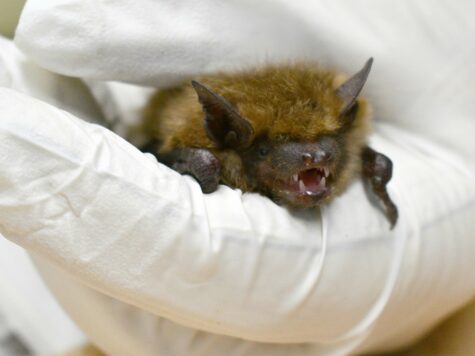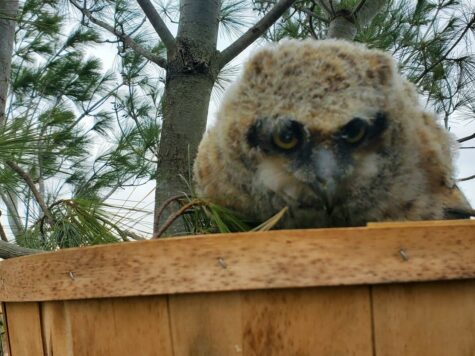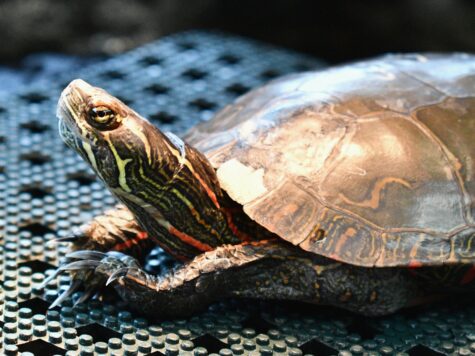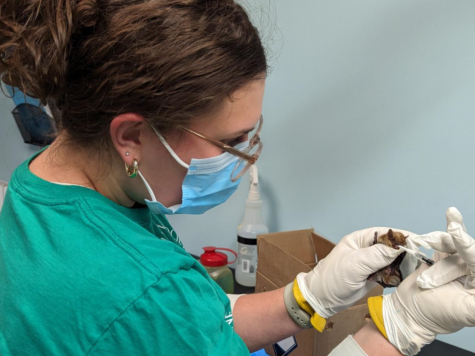Animals entering Dane County Humane Society for the first time are often afraid and overwhelmed by all of the new sights, sounds, and smells of the shelter. Luckily, we have staff and volunteers ready to help ease that transition. Mackenzie Korpela, a member of our Admitting team, works hard to calm them down and make entering this new world less stressful.
“I really like being able to admit a scared cat or dog where I'm able to use my past experience and knowledge to make the experience as fear-free as possible. It's so satisfying,” said Mackenzie, who has worked for DCHS since 2016.
Mackenzie grew up on a farm in the town of Brooklyn where she was constantly surrounded by different animals.
“We had two dogs and up to 20 cats at a time,” she said. “Cats and animals in general have always been my favorite thing in life, and I've had multiple pets ever since.”
Mackenzie graduated from Oregon High School in 2010 and five years later, earned her degree at University of Wisconsin-Whitewater, where she majored in Secondary History Education and English as a Second Language with a minor in Spanish. These skills have allowed Mackenzie to jump in as a presenter for DCHS camp and education programs, as well as helping with translating when Spanish-speaking clients arrive at the shelter.
She especially enjoys the experience of connecting animals at DCHS to their human adopters.
“DCHS is a great place to work if you enjoy helping people and animals,” she said. “People tend to think it's just about helping animals, but we work a lot with owners and adopters, too. After all, each of these animals needs to be paired with a person in the end.”
Various tasks
A typical day for Mackenzie starts with her checking to see if any animals were delivered to the shelter overnight. While many of the animals arriving at our doors come through planned transfers from fellow animal shelters, not all animals arrive at DCHS on a set schedule. The shelter also takes in animals that are surrendered for an assortment of reasons such as moving to a new residence that doesn’t accept pets or the pet owner is no longer able to care for the animal due to health problems or death in the family. Some new admittees are strays turned in to the shelter by citizens or Animal Services Officers. These animals may arrive at DCHS anytime of the day or night, so Mackenzie starts each day checking to see who needs attention.
Throughout the day, Mackenzie is responsible for many tasks. She will feed the animals, scan them for a microchip, take them outside for a walk or scoop their litter boxes. By the end of the day, she will also give them a complete examination to look for abnormalities that may need medical attention by the veterinary staff: rotting teeth, painful gums, dirty or painful ears and any injuries.
“Depending on the condition the animal is in and their current ownership status, they can end up in an available or unavailable area of the shelter,” Mackenzie said. An animal may end up in the unavailable area until they can see one of our veterinarians, or may be a lost animal waiting to be reunited with their family.
Mackenzie also prepares medications for animals scheduled for adoption that day and administers medication to those who will remain at the shelter.
Mackenzie started her career at DCHS working in Carestaff, which provided her with a leg up on the training needed to do her current job. Aside from cats and dogs, Mackenzie sometimes works with other non-traditional pets such as reptiles, livestock, birds and poultry. Her experience in Carestaff gave her the skills and comfort necessary to work with all these types of animals. Today, Mackenzie has found success working at DCHS, and enjoys the rewards of helping people help animals.
If you would like to learn more about working at DCHS, click here.
